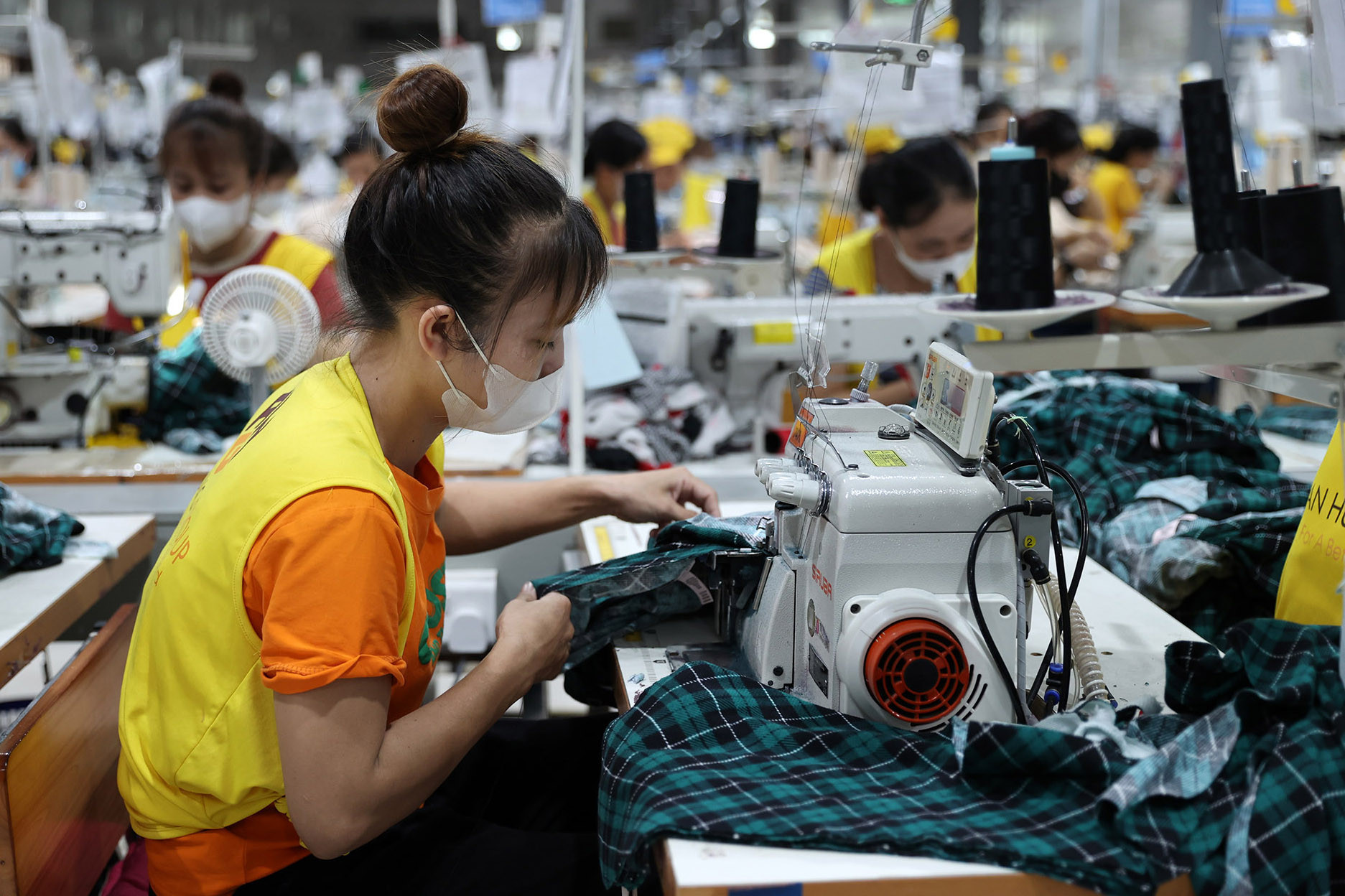A growing number of Vietnamese workers, especially those in their youth, are opting to withdraw their social insurance benefits in one lump sum, prioritizing immediate financial needs over long-term security.

According to statistics from Vietnam Social Insurance, from January 1, 2016, to August 31, 2024, over 1.285 million workers withdrew from the social insurance system. Of these, nearly 631,128 have since rejoined the system, continuing to make contributions.
However, these workers lose the cumulative years of previous contributions, meaning they must restart their participation from scratch.
The Vietnam Social Security Deputy Director, Dao Duy Hien, noted that most one-time withdrawals come from workers in the private sector, who face job instability and frequent job changes. Nearly 78% of these workers are between the ages of 20 and 40.
Young workers often prioritize short-term financial relief over long-term benefits like pensions. With relatively low wages, they opt to withdraw their social insurance funds to meet immediate financial challenges.
A labor and wage expert warned that this trend will leave many without adequate retirement savings, leading to severe financial hardship in old age.
Experts point out that the one-time withdrawal option, a policy echoing previous schemes, has led to significant difficulties for workers once they reach retirement age. Without pensions, many struggle to make ends meet in their later years.
For this reason, the government must enhance policies to retain workers within the social insurance system. Additionally, support should be offered to help young workers overcome financial challenges, ensuring they stay within the system long enough to qualify for pension benefits.
"As we age, even a modest pension is better than none," noted one expert. "Moreover, health insurance benefits help ease the burden on families when workers face health issues."
New legislation limits one-time withdrawals
Under the new Social Insurance Law, effective July 1, 2025, workers with less than 20 years of contributions can still withdraw their social insurance benefits after 12 months of not participating in mandatory or voluntary contributions. However, after this period, the option to withdraw one’s social insurance in one lump sum will no longer be available.
The revised law only allows one-time withdrawals in specific circumstances: when a person reaches the retirement age but hasn’t met the contribution period; when relocating overseas; or when suffering from severe health conditions such as cancer, paralysis, cirrhosis, tuberculosis, AIDS, or if their working capacity is reduced by 81% or more. Severe disabilities are also eligible for one-time withdrawals.
The payout for one-time withdrawals will be calculated based on the number of years of contributions, with the rate as follows:
- 1.5 times the average monthly income for contributions made before 2014.
- 2 times the average monthly income for contributions made after 2014. In cases where a worker has contributed both before and after 2014, any partial months from before 2014 will be rolled over and calculated according to the post-2014 rate.
If a worker has less than one year of contributions, their one-time withdrawal will be equal to the total amount contributed, but not exceeding two times the average monthly income used as the basis for social insurance contributions.
For workers who received state support for voluntary social insurance contributions, the withdrawal amount will not include the portion contributed by the state.
Even if a worker withdraws their social insurance in one lump sum, any remaining unemployment insurance contributions will be preserved. If they rejoin the workforce and contribute to unemployment insurance again, their previous contributions will be added to their new period of coverage.
Supporting workers for long-term security
Experts stress that the government must focus on supporting workers, particularly the younger demographic, to prevent one-time withdrawals that jeopardize their future financial stability.
The revised social insurance law reflects this approach by limiting the conditions for one-time withdrawals, encouraging workers to remain in the system long enough to qualify for retirement benefits.
In addition to the reduction of the required contribution period from 20 years to 15 years for pension eligibility, there should be enhanced policies aimed at supporting workers facing financial hardships. These measures would help workers stay within the system and secure benefits such as pensions and health insurance in the long term.
As one labor expert stated, "While a low pension is not ideal, it’s far better than no pension at all. Health insurance, in particular, can significantly ease the burden on families when elderly individuals face medical issues."
Vu Diep